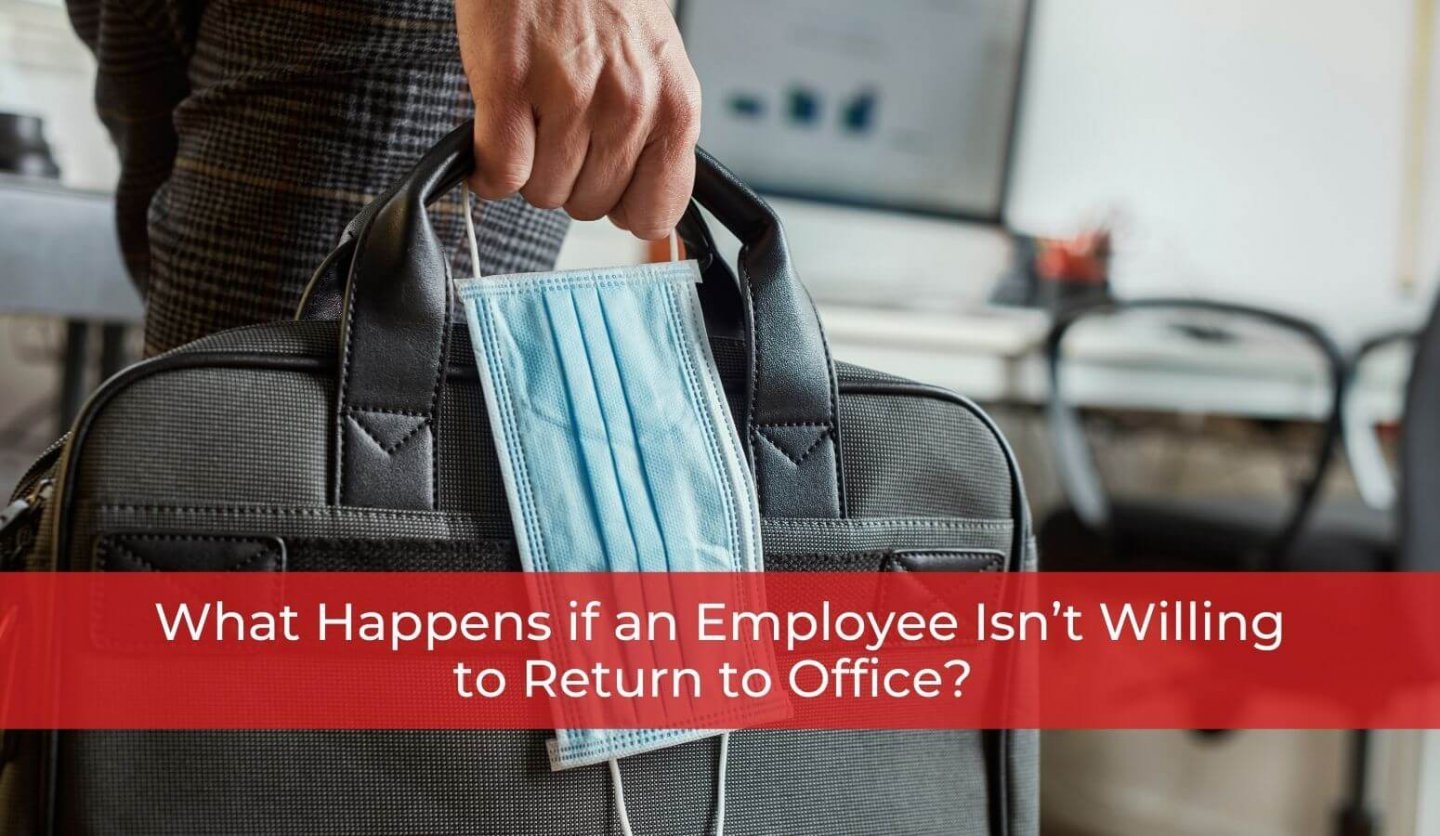
COVID-19 Return to Work – What Happens if an Employee Isn’t Willing to Return to Office?
As vaccination rates increase and cases of COVID-19 decline, many workplaces have begun announcing their return to office plans. Some offices have chosen to embrace a flexible return to work model, while others have preferred to call workers back to the office on a full-time basis. During the pandemic, many employees have come to prefer working from home, and may be resistant to returning to the office. Are employees allowed to refuse to return to work/office?
Nearly all employees will be required to return to work if requested by their employer. Exceptions will arise only in narrow circumstances, such as employees requiring accommodations under the Human Rights Code with a proven medical condition that would be aggravated by a return to office, or those with demonstrable childcare or eldercare responsibilities. Requirements to return to the office will also be contingent on the current health and safety guidelines.
Employees that do not fall within these narrow exceptions will be required to return to work, regardless of whether they wish to do so. An employee’s opinions as to the safety of in-office work, or preference for working from home, will be legally irrelevant if the employer demands they return to the workplace. This stems from the express or implied terms in employment contracts which require that work is to be performed from the office, despite any temporary permission to work from home throughout the pandemic.
As frustrating as this may be for workers, they may be at risk of dismissal if they refuse to return to the office without a valid exception. While such a refusal is unlikely to amount to cause, employers will be within their rights to dismiss objecting employment by providing them the proper notice and severance. Employers that decide to dismiss an objecting employee should be sure to give the employee plenty of warning and advance notice that refusal to return to the office will result in dismissal.
To better understand your entitlements and obligations under employment laws, we encourage employers and employees to seek legal advice. We at Whitten & Lublin are happy to provide insight and advice into your specific circumstances and guide you more on the difference between termination pay and severance pay. If you’re looking for employment lawyers and would like more information about what Whitten & Lublin can do for you, please contact us online or by phone at (416) 640-2667 today.



